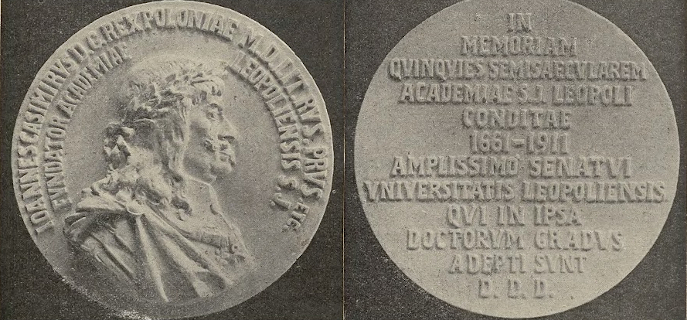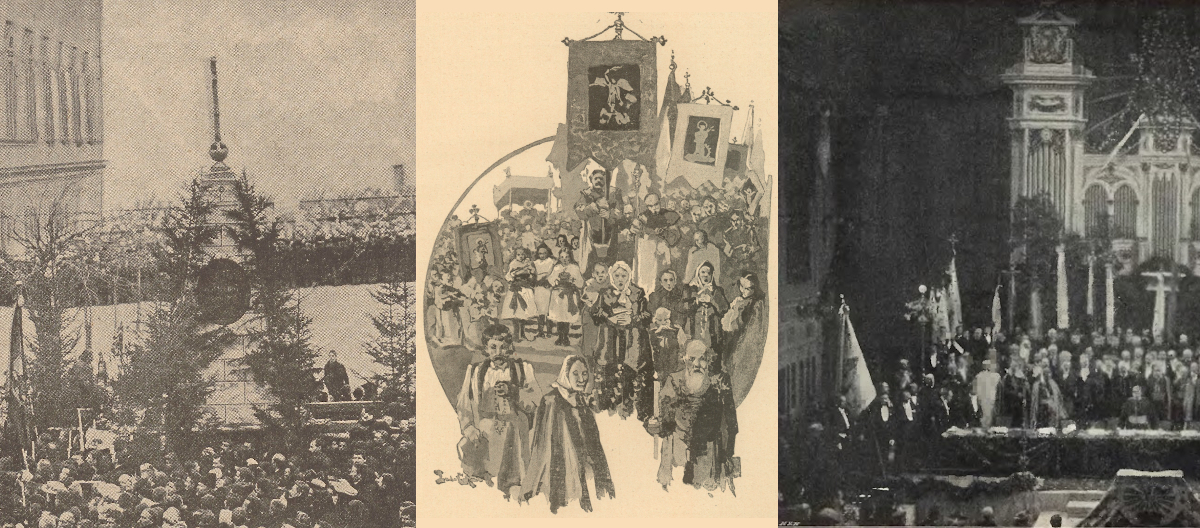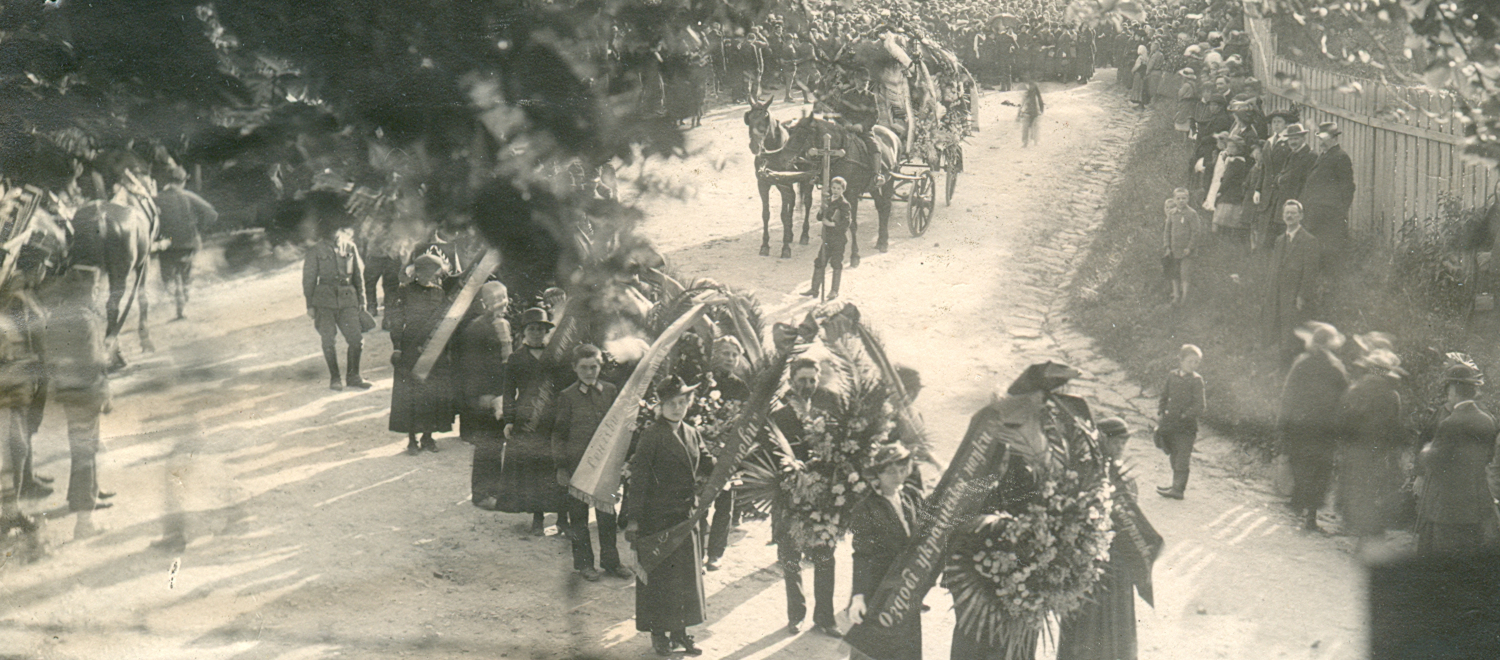From the imperial point of view, Lviv was (or was to become under the Habsburg rule) an organic part of the monarchy, the capital of a crown province and a city with a certain portion of identity. To convey this idea to local elites and the population, special rituals were used, among other things.
In the times of neo-absolutism, after the suppression of the Spring of Nations, imperial and religious rituals were actually the only permitted option of street manifestation.
Over time, when liberal reforms and autonomy allowed local political activists to openly manifest their views, still new and new meanings were imposed on these rituals. This is very well illustrated, for example, by the five visits of Emperor Franz Joseph to Lviv.
Local elites used these opportunities to popularize their ideas or rather to "show themselves" and "show the city" according to their views and beliefs. However, the main thing is that these rituals became an example and a basis for further "street" mass politics.
>>> Read more



